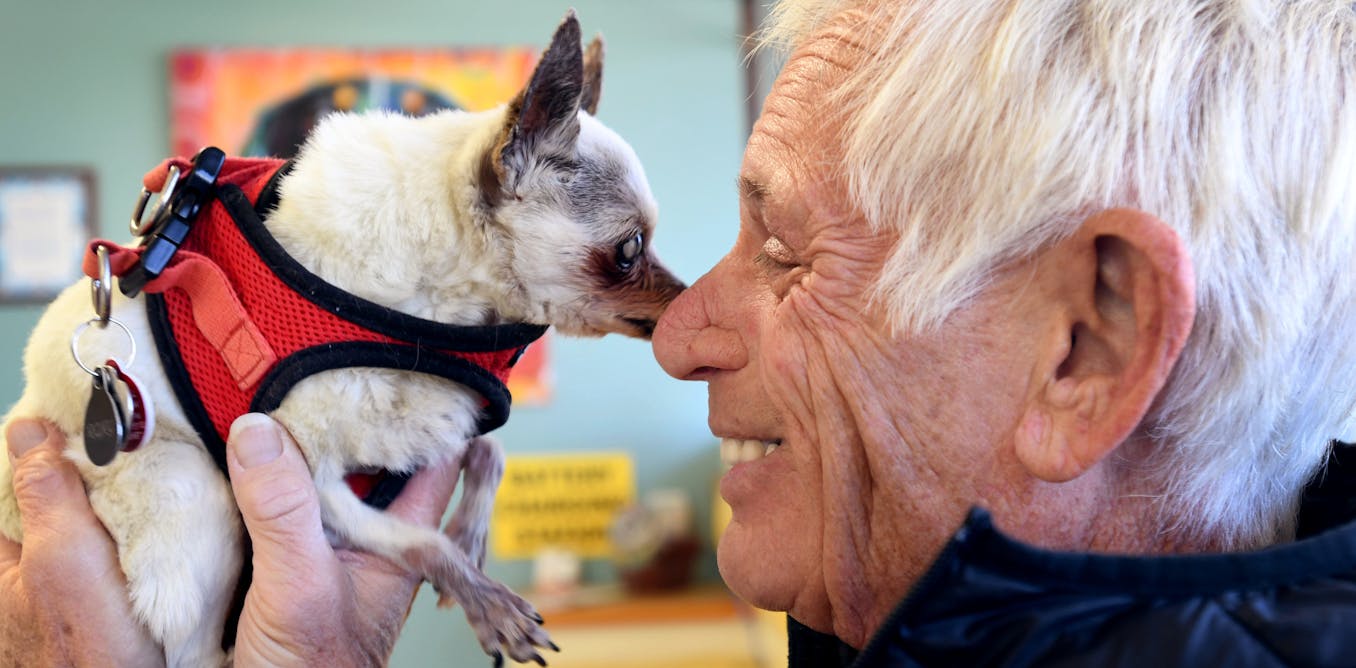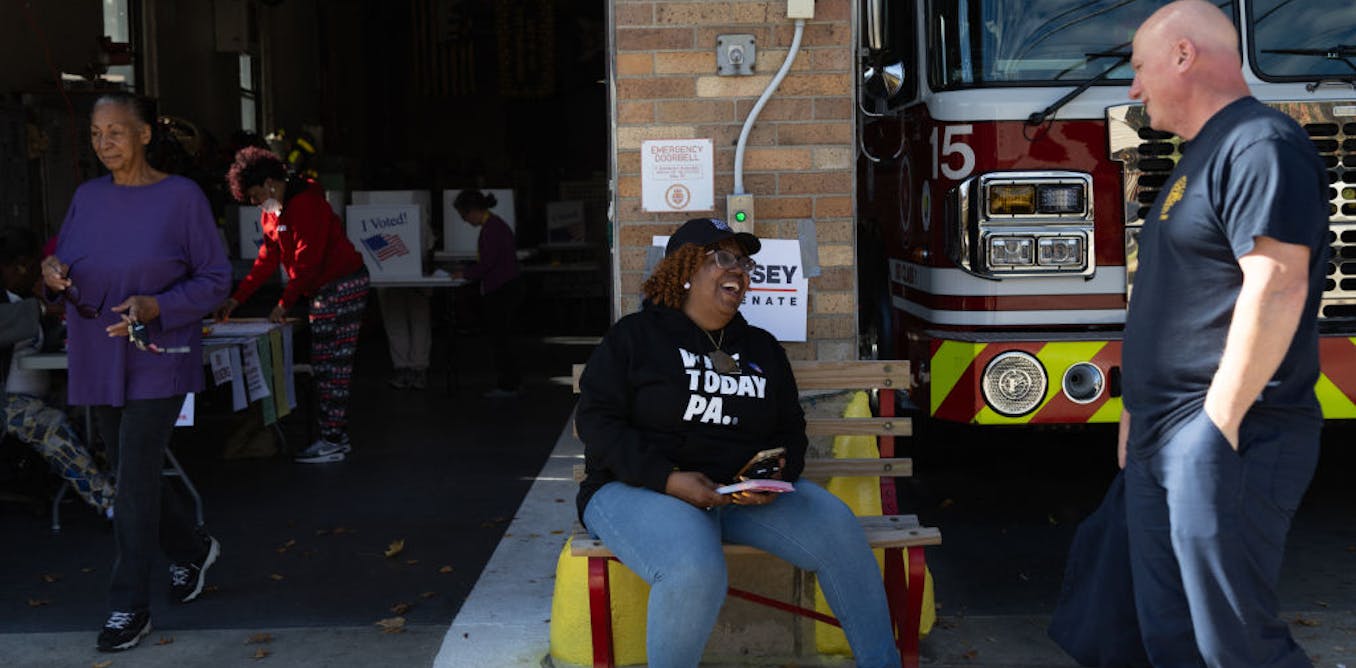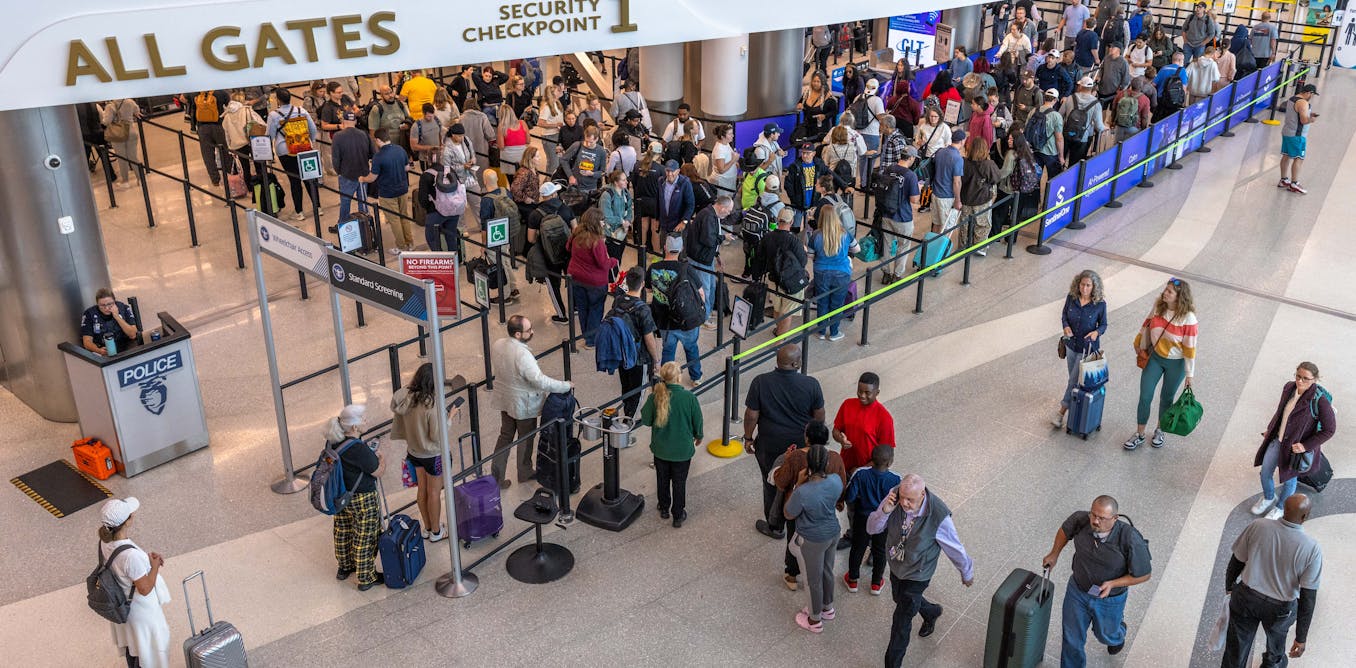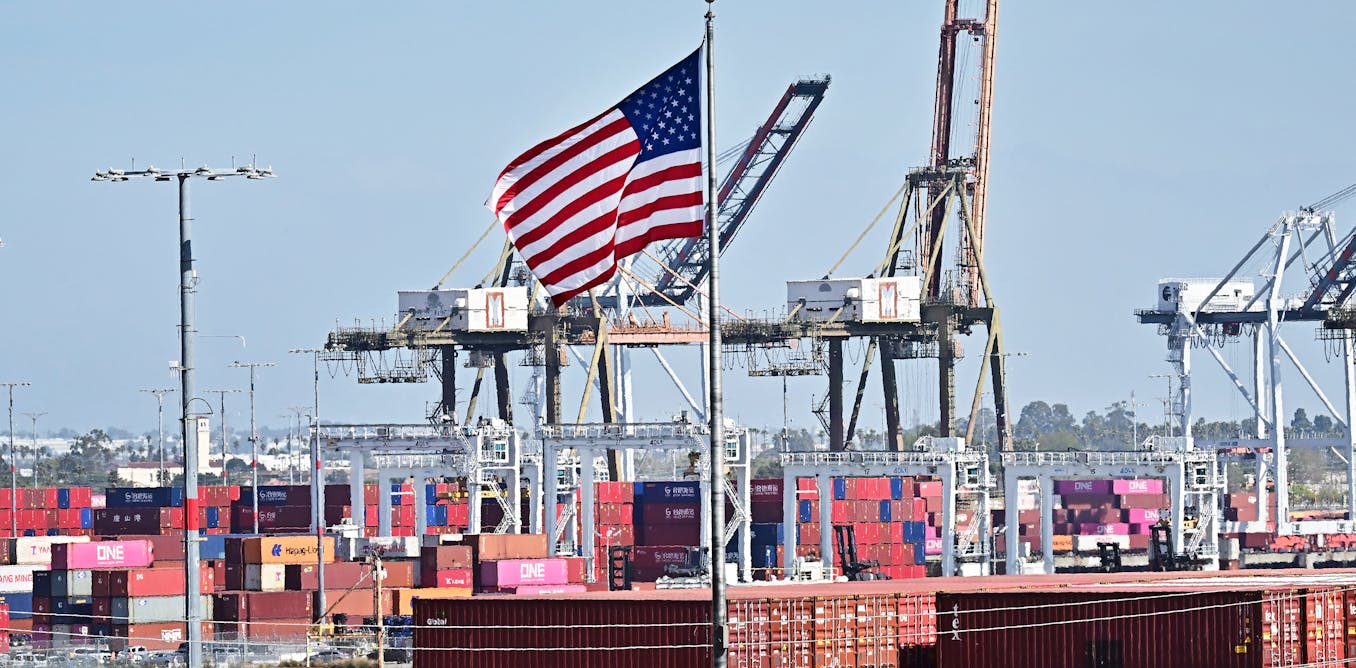Dogs can need more than kibble, walks and love − consider the escalating expenses of their medical care before you adopt
Many Americans struggle to pay for health care for themselves and other members of their families, even if they have insurance coverage. Some very big bills arise when the furriest members of their households get sick or just need an annual checkup: their dogs. Americans spend an average of about US$1,700 annually on their dogs’ […]
Continue Reading








